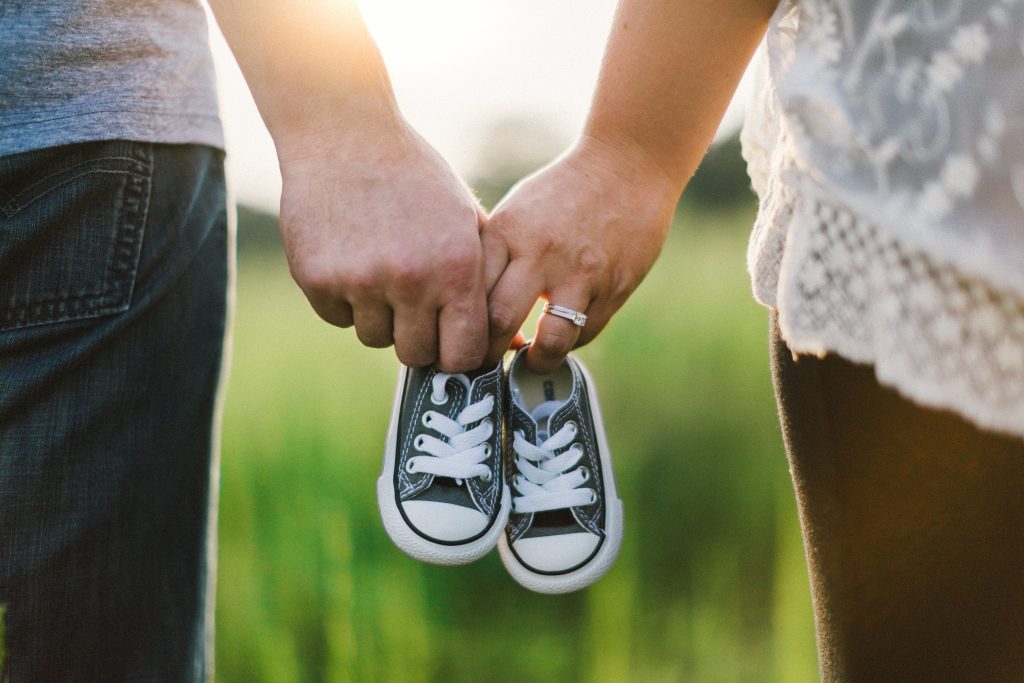Arkansas Attorney General Appeals to Eighth Circuit Over Law Protecting Children From Sex-Change Procedures

On July 21, Arkansas Attorney General Tim Griffin’s team appealed to the federal Eighth Circuit to let the state enforce the Save Adolescents From Experimentation (SAFE) Act.
The SAFE Act is a good law the Arkansas Legislature overwhelmingly enacted in 2021. It protects children in Arkansas from sex-reassignment surgeries, puberty blockers, and cross-sex hormones. Unfortunately, the law has been tied up in court for more than two years, and a federal judge in Little Rock blocked the state from enforcing the law in June.
Sex-change surgeries and procedures can leave children sterilized and scarred for life.
Researchers do not know the long term effects puberty blockers and cross-sex hormones can have on kids. That is why many experts agree that subjecting children to sex-change procedures is experimental, at best.
In 2021 a major hospital in Sweden announced that it would no longer give puberty blockers and cross-sex hormones to kids.
Last year the U.K.’s National Health Services closed its Tavistock gender clinic that gave puberty blockers and cross-sex hormones to children for many years. Many families have indicated their children were subjected to sex-reassignment at that clinic despite an obvious lack of scientific evidence in favor of the procedures and inadequate mental health screenings for children with gender dysphoria.
A gender-identity clinic in Scotland has faced similar accusations from former patients who say healthcare professionals rushed them into sex-change procedures.
And last year the U.S. Food and Drug Administration added a warning label to puberty blockers in America after biological girls developed symptoms of tumor-like masses in the brain.
Interestingly, public opinion is shifting on this issue, with more Americans saying it’s morally wrong to change genders.
With all of this in mind, the SAFE Act is commonsense legislation that protects children. Family Council is confident that higher courts will recognize that fact and uphold this good law as constitutional.
Articles appearing on this website are written with the aid of Family Council’s researchers and writers.




